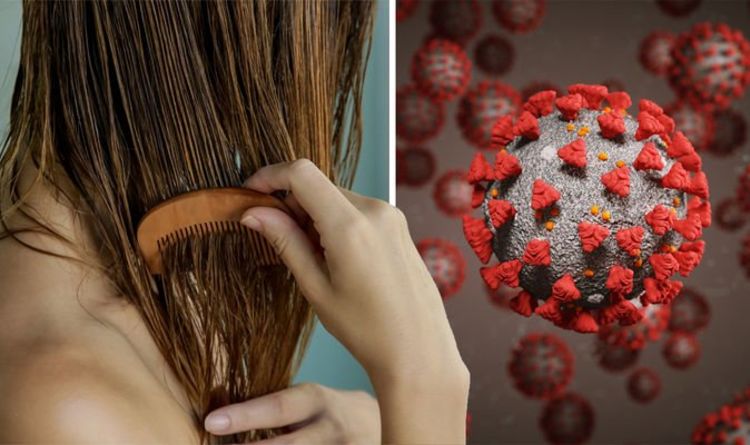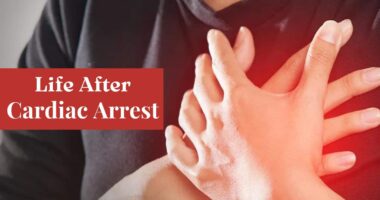Everyday, scientists keep discovering new things about the new coronavirus(COVID-19) caused by SARS-CoV-2 that has been around since December 2019.
Their discovery so far shows that the novel virus can live and survive on surfaces for up to three days and stay in the air for a few hours before dropping. The virus particles are shed through saliva and fluids coughed up from the lungs. On rare occasions, the virus can be shed from our faeces.
Going by scientific research, it’s easy for an infected person to spread the virus particles through coughing, sneezing, touching other people or leaving the virus on surfaces which could either be hard or soft.
Without any dispute, handwashing with soap and water after visiting public places and social distancing is key to reduce the spread. In addition, experts suggest cleaning and disinfecting of high-touch surfaces in homes and offices. But how often should you clean and disinfect and what product should you use.
Before we go into explaining how often you should clean and disinfect surfaces, you need to understand the life span of this new virus on soft and hard surfaces.
Recent reports by medical scientists have shown how long coronaviruses survive on different surfaces. The report was published after they looked at a number of different viruses including SARS-CoV-2 or COVID-19. In In the end, it was discovered that the survival times for viruses are different and determined by the type of surface the virus lives on.
For SARS-CoV-2, experts say ” can survive for up-to three days on stainless steel and plastic – which is actually the longest time it can live. They also mentioned that the shortest survival times of the virus on cardboard or any paper material is one day-24hours.
The survival times of this new virus is what you should focus on when selecting a product to disinfect surfaces. Since it can last beyond minutes and hours into days, it’s ideal you clean and disinfect your home often.
But how often should you clean and disinfect surfaces in your house?
You should clean and disinfect your home surfaces as often as your strength takes you. No times of cleaning can be too much for health. However, because of the chemical in disinfectants, disinfecting too much may have negative effect on your health.
[content-egg module=Amazon template=item]
[bctt tweet=”According to Kristen Coffield, a Certified nutritionist and overall wellness – overuse of disinfectants can pollute the air in your home and cause the inhabitants some respiratory conditions.” username=”@SoundHealth_”]
While trying to prevent COVID-19 infections, avoid falling into the loop of cleaning today and disinfecting tomorrow. As a matter of fact, disinfecting should come immediately you are done cleaning as the disinfectant will kill the remaining tough germs the soap and water couldn’t get rid of.
Even the Centers for Disease Control advise you clean first before disinfecting so you won’t have to use a ton of disinfectant when disinfecting.
Note: It’s important you increase the number of times you clean and disinfect surfaces if any housemate gets ill or shows symptoms of COVID-19 while you are practicing social distancing.
Best products to disinfect surfaces with against COVID-19
The best product to use against coronavirus-COVID-19, according to the CDC and EPA are disinfectants or surface wipes such as towelette or disinfecting wipes, disinfectant spray or gel and disinfecting solution in liquid form that have 70% alcohol and above or have EPA registration number with human coronavirus as a target pathogen or germ on the product label.
You can use disinfecting wipes or towelette on device screens or phones but not until you have read the usage instruction on the label.
Note: Using alcohol-based wipes or towelette on electronics surfaces requires thorough drying to avoid pooling of liquids.
Other things that may help clean and disinfect surfaces
Soap and water
Soap and water are the first things to reach for when you want to clean or remove germs from surfaces. The soap weakens the germ and takes it off the surface by interfering with fats in the germ shell and then water cleanses off the dead fats.
Bleach
Sodium hypochlorite is the active ingredient in bleach and it’s know to be effective at the killing germs including viruses. Applying bleach on surfaces after cleaning with soap and water helps destroy the ribonucleic acid (RNA) – A protein of the virus. Allow the bleach to stay on the surface for 10-15 minutes after the application. Then use clean cloth or material to wipe it off.
Note: Only use the directives above if instructions on how to use the bleach are not provided on the product label.
Surgical spirit
Just like bleach, surgical spirit is effective in killing germs as it’s mostly made up of alcohol ethanol. Ethanol has been shown to kill coronaviruses in 30 seconds or less. To disinfect surfaces with surgical spirit, moisten a cloth with some neat surgical spirit and rub it over the target surface and watch evaporate to dryness. You don’t need to wipe the surface with a cloth if you used surgical spirit.
Hand sanitizers
Ethanol, the alcohol in surgical spirit is the primary ingredient in hand sanitizers. It is believed can kill SARS-CoV-2 if the concentration is right. The concentration has to be between 70 to 95% percent of alcohol or it will be less effective against COVID-19. Inaccurate measurement can spoil your effort if you are planning to make your own hand sanitizer at home. So it is best you buy except you are sure to get the right measurement of each ingredient needed to make a hand sanitizer.
What should you disinfect in your home?
Surfaces to disinfect include; doorknobs, handrails, table surfaces, tap handles, hard dining chairs (seat, back, and arms), kitchen counters, cabinet handles, sinks, bathroom counters, faucets and faucet knobs, toilets seat and handle, light switches, remote controls for television set and other electronics, cell or mobile phones, flush handles, car steering wheel children toys ( wooden or plastic), computers and external accessories.
Products that don’t work against COVID-19
There’s is a lot of wrong information on the internet about how you can use liquor, vinegar, and “natural antibacterials” to kill coronavirus.
The fact is there’s no science-backed evidence yet that these items can kill the new virus. So your safest bet is to rely on products approved by EPA OR CDC Otherwise, you’re wasting your time and money. Avoid these items whenever you want to clean, disinfect or sanitize your home.
- Baby wipes
- Vodka
- Vinegar
- Tea tree oil
- Facial wipes
- “Natural” cleaners
- Ultraviolet (UV) lamps
- Saline solution
Read more about | Disease









